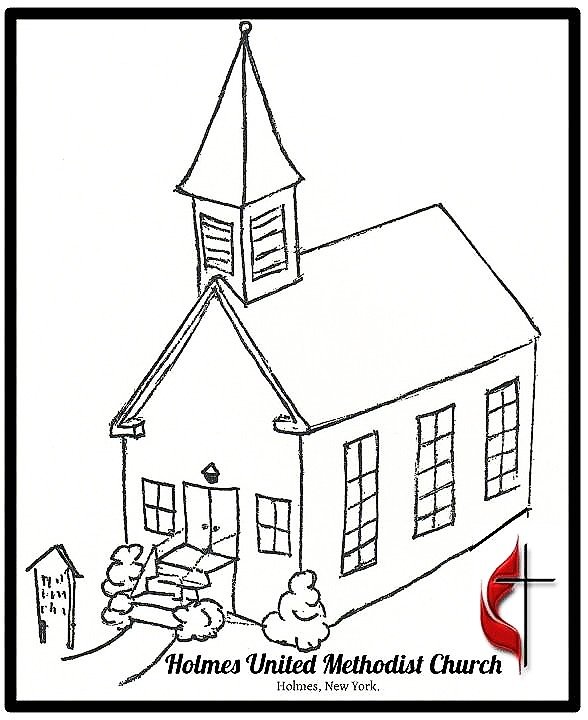Things are not always as they appear to be
Jesus speaks in parables so that we can better understand his concepts from experiences in our daily life! Sadly in todays world we’ve become too removed from our farming roots!
In todays message, we are called not to judge others but to reveal the good news of the gospel! Do not judge other by the cover of their book, only God can judge in the end one’s life!
What Parable of the Wheat and Tares Means
In the Middle Eastern climate, tares look near-identical to wheat until the time of the harvest.
In the same way, people can play the part of a good Christian. They can talk the talk and appear to walk the walk.
The servants, most likely angels (but also could represent believers), ask if they can uproot the tares, but Jesus tells them to hold off until the harvest. Because the weeds have spread their roots in the wheat fields, if the servants pluck them up too soon, they risk damaging the wheat beyond repair because of their intertwined roots.
So the servants continue to water and care for both plants equally until the time of the harvest comes.
The harvest here represents the end of the world, or the end times. It can also mean the end of a person’s life. In either case, at the end of one’s life, whether prompted by death or by the rapture, one’s true status of wheat or tare (weed) will be made known. Those who belong to the wheat will earn an everlasting place in the barn, in heaven.
As for the tares, they receive an everlasting spot in the fire, hell.
What does Matthew 3:2 mean?
John—not the same as the author of the gospel of John—preached in the wilderness area of Judea, west of the Jordan River. He delivered one central message to the Israelites, found in this verse.
The word "repent" is metanoeite in Greek, which means "to change one's heart and mind." More literally, it means to change direction, to stop going the wrong way and to start going in the right way. It conveys an active change. The chapter will show that John was calling the people of Israel to confess their sins and submit to God's true law.
John called these people to repent because the "kingdom of heaven" was at hand. John's Jewish listeners would have been familiar with the idea that a new kingdom would one day be established by the promised Messiah. John will point to Jesus as that Messiah, and to the imminent establishment of His kingdom. John will insist, though, that repentance—turning from sin—was necessary for his Jewish listeners to be included in that kingdom. The mere fact of their Israelite heritage would not be enough. This would have been a new idea to some.
Scholars from different theological traditions have debated about whether this coming kingdom of heaven is best understood as spiritual or physical. The Jewish people were looking for a physical kingdom; they assumed Messiah would overthrow the Romans and establish peace and prosperity in Israel. Jesus' kingdom, though, would first be spiritual in the sense that He would begin to rule on earth by ruling in the hearts of those who followed Him (John 18:36). Eventually, He will also reign over a physical, political kingdom on earth (Revelation 20:6).
Reference: https://www.bibleref.com/Matthew/3/Matthew-3-2.html



